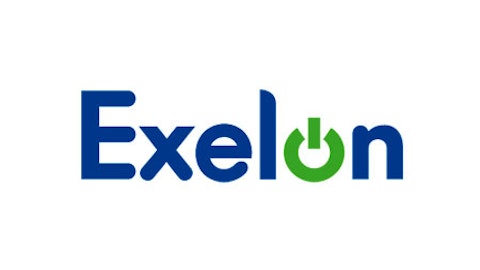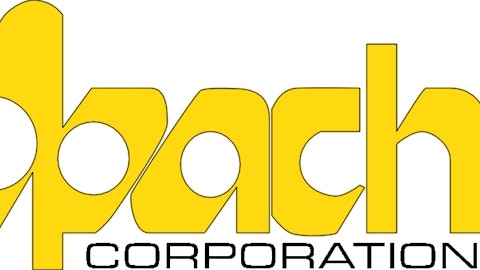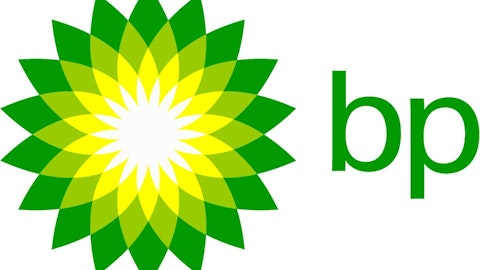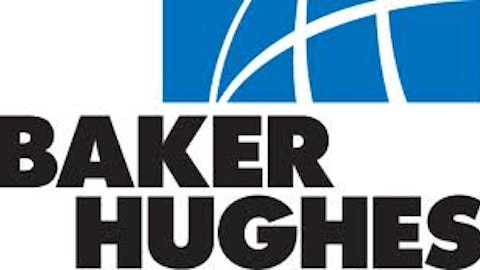
Business Snapshot
Apache Corporation (NYSE:APA), founded in 1954, is an independent oil/gas company with the exploration and production interests in six countries, including the US, and Australia. As of December 2012, Apache had around 2.9 billion BOE in proved reserves. 28% of its total proved reserves were in the Permian basin. Canada ranked second, accounting for 19% of the total proved reserves in 2012. In 2012, the average daily production has increased to 779,000 BOE per day, a. 5.4% growth compared to an average daily production rate in 2011. In 2012, Apache’s revenue was more than $17 billion, a bit higher than the 2011 revenue of $16.9 billion. However, the net income came in at only $2 billion, 30% lower than what Apache earned in the previous year. The decrease in net income was mainly due to the increase in additional depreciation, depletion and amortization charges.
A Growing Business With a Conservative Capital Structure
What makes me interested in Apache Corporation (NYSE:APA) is its conservative capital structure. As of December 2012, it had $31.3 billion in total stockholders’ equity, $160 million in cash and nearly $12.3 billion in both short and long-term debt. In addition, Apache has generated consistent, growing, and positive operating cash flow and free cash flow in the past 10 years. The operating cash flow has increased from $1.38 billion in 2002 to nearly $10 billion in 2011, while the free cash flow has grown from $343 million to $2.87 billion in the same period. Brian Rogers commented that it also produced a great historical return on capital. Since 2009, its returns on invested capital have been quite high, in the range of 48.5% – 58.5%. He said: “Among energy companies, Apache historically has produced a great return on capital. The company is thoughtful in what it buys and sells, and it makes pro-shareholder investment decisions. It has a strong balance sheet, and is run conservatively. They aren’t gunslingers.”
A Cheapest Energy Company
At the current trading price of $75.50 per share, Apache is worth nearly $29.6 billion on the market. The company is valued quite cheaply at only 3.4x EV/EBITDA. Rogers didn’t forecast the significant growth for the company, but it was a good company with a good profitability, a good management team, and it was cheap relative to other companies in the energy sector. Apache is the smallest company compared to its two peers Anadarko Petroleum Corporation (NYSE:APC) and BP plc (ADR) (NYSE:BP). With the trading price of $80.40 per share, Anadarko is worth nearly $40.2 billion on the market. BP is trading at $40.80 per share, with a total market cap of more than $130 billion. Both Anadarko and BP have much higher valuations than that of Apache. While Anadarko is valued at 6.42x EV/EBITDA, the market is valuing BP at 6.12x EV multiple. Among the three, BP had the highest level of proved reserves of more than 17.7 billion BOE, while the 2012 proved reserves of Anadarko were around 2.56 billion BOE.
Foolish Bottom Line
Indeed, with the high level of proved reserves, a cheap valuation and high returns on capital, I personally think that Apache Corporation (NYSE:APA) is a decent bet for investors in 2013. Apache might at least reach its net asset value of $130 per share.
The article This Energy Company is Quite Cheap Now originally appeared on Fool.com and is written by Anh HOANG.
Copyright © 1995 – 2013 The Motley Fool, LLC. All rights reserved. The Motley Fool has a disclosure policy.



